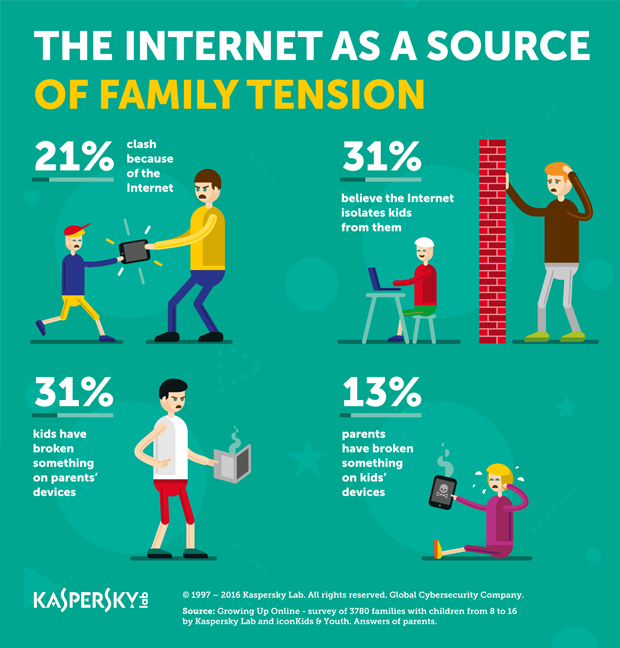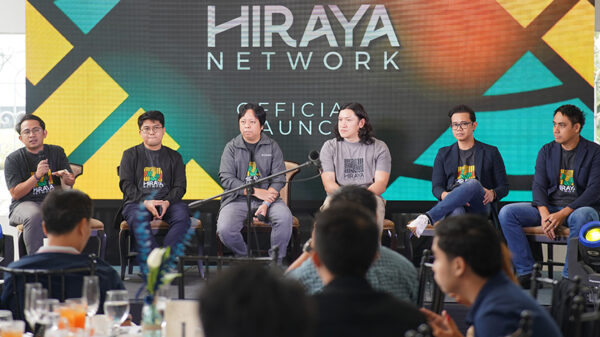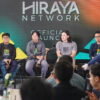The way people live digital lives at home is having a big impact on family relationships, according to new research from Kaspersky Lab and iconKids & Youth. With people spending ever more time online, a fifth of parents and children say that the Internet and connected devices can be a cause of family tension.
The research, which surveyed over 3,700 families in seven countries, provides an insight into how the digital world is disrupting traditional family dynamics. Whereas in the past parents were the first port of call for children seeking answers to questions or advice, one-in-four (23%) of the parents surveyed say that their kids now prefer to go online rather than talk to them.
The research also found that almost half (42%) of parents are not friends with their children on social networks, and one-in-five (18%) says this is because their children would find it embarrassing.
All in all, a fifth of parents (21%) and children (22%) say that the Internet can cause family tension. Most concerning of all, one-in-three parents (31%) believe the Internet isolates them from their children.
The conflict may be exacerbated by the fact that the devices used to go online are often shared. Two-thirds of the families surveyed said they share a family computer. As result, a third of parents (31%) complain that their child has broken something on a connected device or infected it with a virus while online (30%) and a quarter (24%) has had to pay for something their child had ordered or downloaded. Similarly, 13% of kids accuse parents of breaking a device and 16% complain that their parents had accidentally deleted some of their data.
“It is only natural that using – and misusing – each other’s connected devices can become a cause of conflict for families. However, as we spend more and more time online, family dynamics are also changing. It is important that families maintain an ongoing dialogue about how to spot and respond to potential dangers, with parents and children together agreeing on the basic rules on how they can best navigate the digital world,” said Andrei Mochola, head of consumer business at Kaspersky Lab. “It is also important to be serious about protection. We recommend installing an integrated home Internet security solution on all devices in the home. This should be enhanced with Parental Control software, which can block access to inappropriate sites or apps and prevent sensitive data from being shared or deleted.”
“Although Internet becomes a source of conflict in some families, a recent study by the Joint Research Center of the European Commission interestingly underlines an emerging trend, with siblings and extended family members taking on a much bigger role in children’s online activities. Unsurprisingly, children are instinctively turning to the person they perceive to be able to fix technical issues, advise on sites and security tools and provide more objective responses to delicate queries,” said Janice Richardson, senior advisor at European Schoolnet.
This also “underlines the importance of parents and guardians developing their own technical competence and building trusting relationships with their children whilst also establishing basic rules on Internet and device usage to avoid conflicts. At the same time, software and social media providers, too, should seek to develop more ‘family-friendly’ tools,” Richardson ended.










































































































